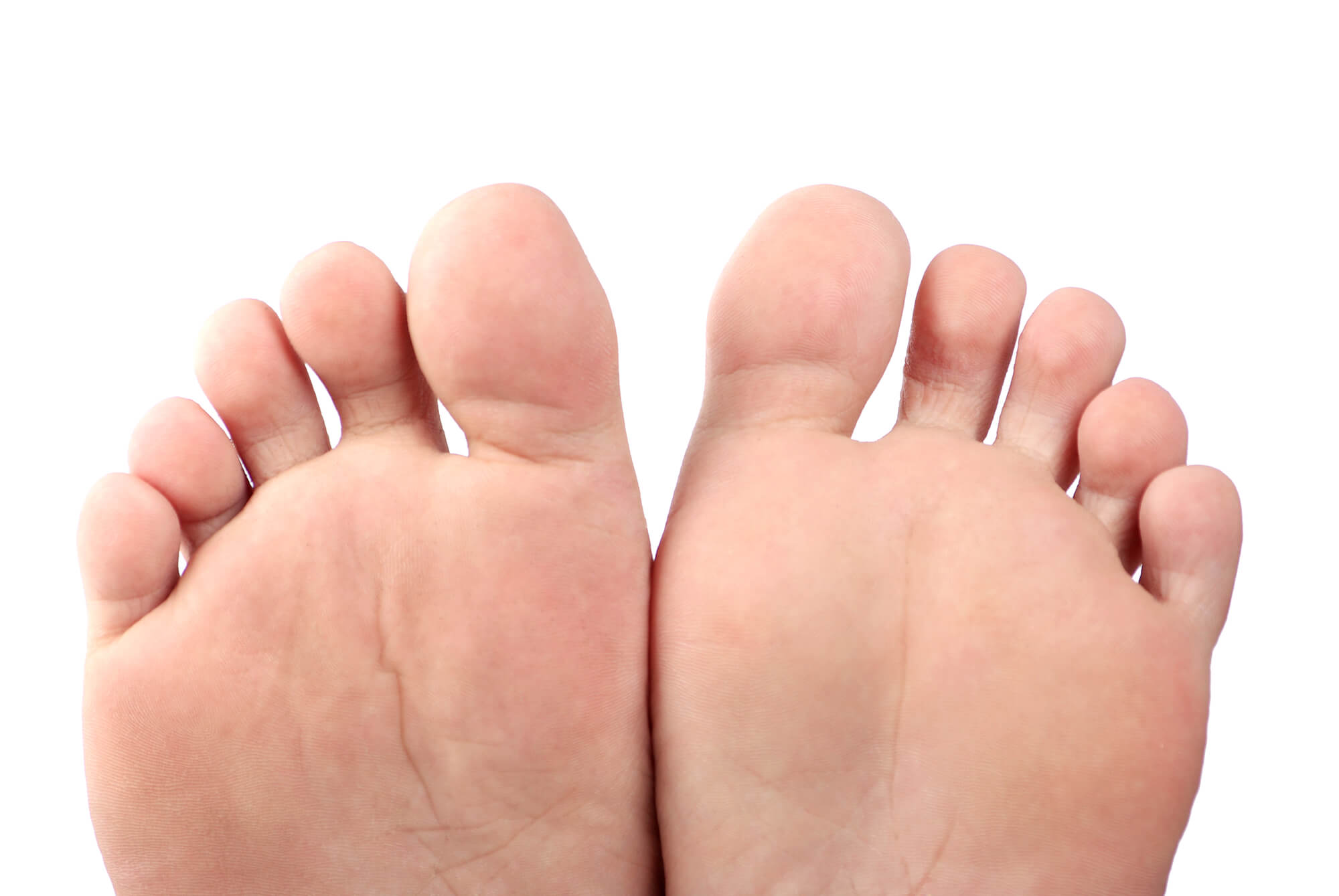Treatment Options for Neuropathy in the Feet
Neuropathy is a term used to describe damage to the nerves that can occur in different parts of the body, including the feet. Peripheral neuropathy, which affects the nerves in the feet and lower legs, is one of the most common types of neuropathy. Neuropathy in the feet can cause a wide range of symptoms, including pain, numbness, tingling, and muscle weakness. If you're experiencing symptoms of neuropathy in your feet, it's important to seek treatment from a healthcare professional, such as a podiatrist or neurologist.
Medications
One treatment option for neuropathy in the feet is medications. The type of medication prescribed will depend on the cause and symptoms of the neuropathy. Common medications used to treat neuropathy in the feet include pain relievers, antidepressants, and anti-seizure medications. Pain relievers, such as acetaminophen, ibuprofen, and naproxen, can relieve pain caused by neuropathy. Antidepressants such as amitriptyline, duloxetine, or venlafaxine, can help to reduce neuropathic pain and improve sleep. Anti-seizure medications, such as gabapentin, pregabalin, or carbamazepine, can help to reduce nerve pain.

Physical Therapy
Another treatment option for neuropathy in the feet is physical therapy. Physical therapy can help to improve muscle strength and balance, which can help to reduce the risk of falls and injuries in individuals with neuropathy in the feet. Specific exercises that can help to improve the symptoms of neuropathy in the feet include a range of motion exercises and stretching exercises. Other techniques used in physical therapy for neuropathy in the feet include electrical stimulation and ultrasound therapy.
Lifestyle Changes
Lifestyle changes can also be an important aspect of treatment for neuropathy in the feet. If diabetes is the underlying cause of your neuropathy, maintaining tight control of your blood sugar can help to slow the progression of nerve damage. This may involve changes to your diet, exercise routine, and medications. If you are a smoker, quitting smoking can also help to improve blood flow to the feet and reduce the risk of further nerve damage.
Transcutaneous Electrical Nerve Stimulation (TENS)
Transcutaneous Electrical Nerve Stimulation (TENS) is a non-invasive, drug-free treatment option for neuropathy in the feet. TENS uses a small, portable device to deliver electrical impulses to the nerves in the feet through adhesive pads placed on the skin. The electrical impulses can help to reduce pain and improve circulation. TENS may be particularly helpful in relieving neuropathic pain and reducing the need for pain medication. TENS therapy sessions can be performed at home, making it a convenient option for many people.

Immune Suppressing or Modulating Treatments
Immune suppressing or modulating treatment may be recommended for some cases of neuropathy in the feet. These treatments work by suppressing the body's immune system to reduce inflammation and slow the progression of nerve damage.
These treatments can include corticosteroids, intravenous immunoglobulin, plasma exchange, and even some medications such as rituximab. It is important to work with a specialist, such as a neurologist or an immunologist to determine if this treatment option is appropriate for your case and to monitor for any potential side effects.
Braces & Orthopedic Support
Braces and orthopedic support can help reduce stress on the feet and alleviate neuropathy symptoms. These devices can help to improve balance and stability, reduce the risk of falls, and improve foot and ankle alignment. Orthotic inserts or shoes specially designed to provide the right foot support may be recommended. Braces can prevent dorsiflexion on the ankle, which can help reduce pain and improve mobility. Working with a podiatrist is important to determine the right type of brace or orthopedic support for you.

Surgical Treatment
Surgical treatment may be recommended for some cases of neuropathy in the feet, particularly for patients with specific underlying conditions such as chronic inflammatory demyelinating polyneuropathy, an autoimmune disease that attacks the myelin sheath surrounding the nerve, causing inflammation and damage to the nerves. Surgery may involve the release of nerve compression, such as carpal tunnel release, or spinal cord stimulation, which provides electrical stimulation to specific nerves to relieve chronic pain.
Other Alternative Treatment Options
Other alternative treatment options for neuropathy in the feet include acupuncture, which can help to relieve pain and improve circulation, and herbal supplements, such as alpha-lipoic acid or benfotiamine, that may help to protect the nerves and reduce symptoms of neuropathy.
Conclusion
Neuropathy in the feet is a condition that affects the nerves in the feet and lower legs and can cause symptoms such as numbness, tingling, and pain. It is important to work with a healthcare professional such as a podiatrist or neurologist, to determine the cause of the neuropathy and develop an individualized treatment plan. Treatment options include medications, physical therapy, lifestyle changes, surgical treatment, and alternative treatment options. Early diagnosis and treatment can help to improve outcomes and reduce the risk of complications. It is important to pay attention to any changes in sensation in your feet and to report any symptoms to your healthcare professional as soon as possible.
FAQ
What can be done for neuropathy in the feet?
Neuropathy in the feet can be treated with various methods, including medications, physical therapy, lifestyle changes, surgical treatment, and alternative treatment options. It is important to work with a healthcare professional such as a podiatrist or neurologist to determine the cause of the neuropathy and develop an individualized treatment plan.
What is the most successful treatment for neuropathy?
The most successful treatment for neuropathy will depend on the underlying cause and the symptoms experienced. Treatment options include medications, physical therapy, lifestyle changes, surgical treatment, and alternative treatment options. Working with a healthcare professional such as a podiatrist or neurologist is important to determine the most appropriate treatment plan for your individual needs.
Can neuropathy in the feet be corrected?
The extent to which neuropathy in the feet can be corrected will depend on the underlying cause and the severity of the nerve damage. In some cases, treatment can help to slow the progression of nerve damage and alleviate symptoms. In other cases, the nerve damage may be irreversible. Working with a healthcare professional to develop an individualized treatment plan to manage symptoms and improve quality of life is important.
What can a podiatrist do for neuropathy of the feet?
A podiatrist can help to diagnose and treat neuropathy in the feet. They can physically examine the feet and use nerve conduction studies and reflex tests to confirm the neuropathy diagnosis. They can also work with you to develop an individualized treatment plan that may include medications, physical therapy, and lifestyle changes.
How does a podiatrist test for neuropathy?
A podiatrist may perform a physical examination of the feet to check for signs of neuropathy, such as loss of sensation, muscle weakness, and reflex changes. They may also use nerve conduction studies and reflex tests to confirm the neuropathy diagnosis. They may also refer you to a neurologist for further evaluation and tests such as an EMG or an Autoantibody test to identify the underlying cause of the neuropathy.

